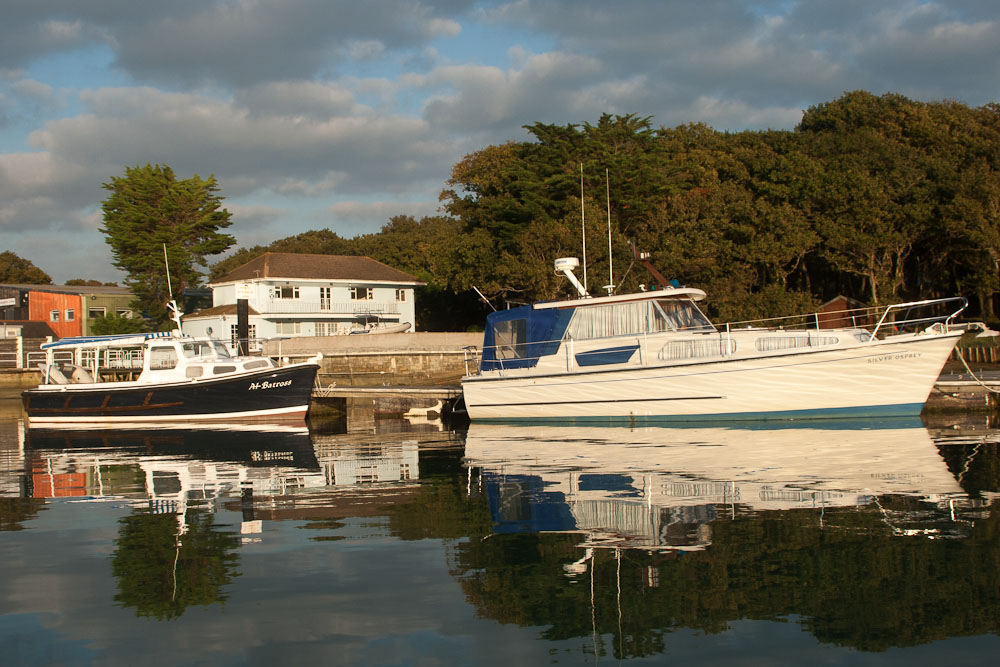Every year a new wave of first time boat buyers flock to BoatsandOutboards to find their dream fishing boat.
If you're one of those people, this guide could help you narrow down your search and find the perfect boat at the perfect price today.
For a long day’s fishing in the British weather, having shelter from the elements with a cuddy will be many fishing boat buyers’ first choice. However, a fishing boat without a cuddy allows more space to fish meaning more people can join in the fun onboard. Another feature of a fishing boat with a cuddy worth considering is that the cuddy can often add extra weight which may demand a more robust trailer, a bigger car to tow the boat and a more powerful outboard. This is especially true in fishing boats with a cuddy over 18 ft.
Small fishing boats come in two different type of hull shapes that can have different effects on your fishing experience.
The most common type of hull is a V hull. Due to its arrow-like hull shape, these type of boats are ideal for cutting through waves head on. However, boats with a V hull are notorious for continuous rocking from side to side in waves.
The alternative is a Cathedral hull named after its wave like shape similar to the top of old cathedral buildings. The strengths and weaknesses of V hulls and Cathedral hulls are directly opposite in that cathedral hulls allow a lot more stability when still in the water but cannot maneuver through waves head on as easily.

Choosing an engine
Obviously when travelling you want to be to be as stealthy as possible, therefore a loud engine isn’t going to attract you any fish. Popular engines for fishing boats are 4 stroke engines. They aren't the fastest engines, the lightest or the cheapest but they're comparatively quiet and are relatively fuel efficient.
Each make and model of fishing boat is classified by its manufacturer to highlight the average wave height that the boat can withstand. These are standardised by the following categories:
Cat A. “OCEAN” Designed to withstand average wave heights exceeding 4m
Cat B. “OFFSHORE” Designed to withstand average wave heights of up to and including 4m
Cat C. “INSHORE” Designed to withstand average wave heights of up to and including 2m
Cat D. “SHELTERED WATERS” Designed to withstand average wave heights of up to and including 0.5m
If an advert on BoatsandOutboards doesn't mention this classification in the ad’s description, make sure you send an email enquiry to the seller to ensure the boat is safe for where you plan on fishing.
Here is a checklist of equipment you’ll need to get the most out of your fishing boat and stay safe on the water.
- Rod Holders
- Life Jackets
- VHF radio (must complete a course to be able to operate)
- Safety equipment (e.g. fire blanket, throw rope, flairs)
- Bilge pump
- Navigation lights
- GPS/ Plotter (for fishing on the coast and on estuaries)
- Depth gauge




